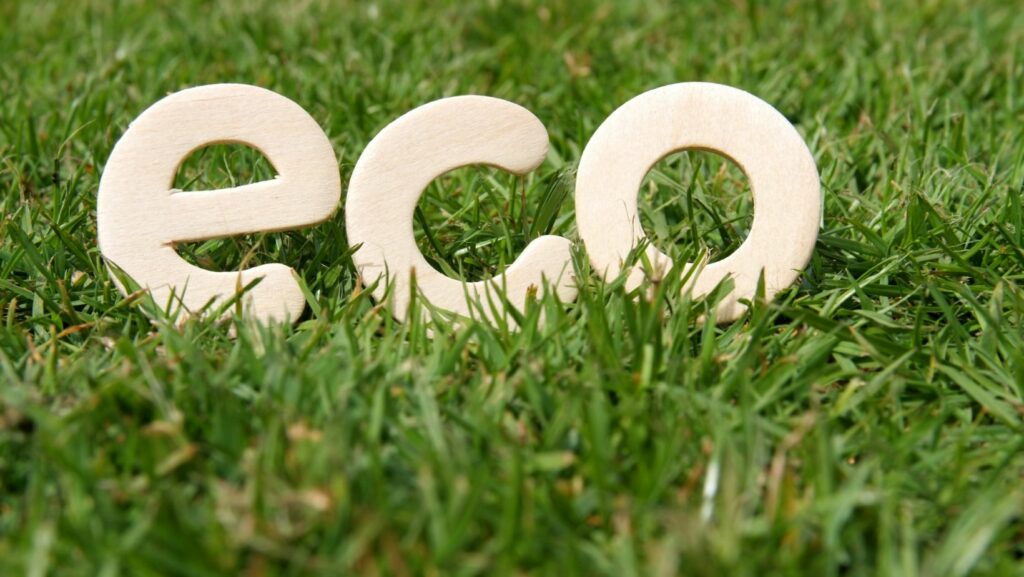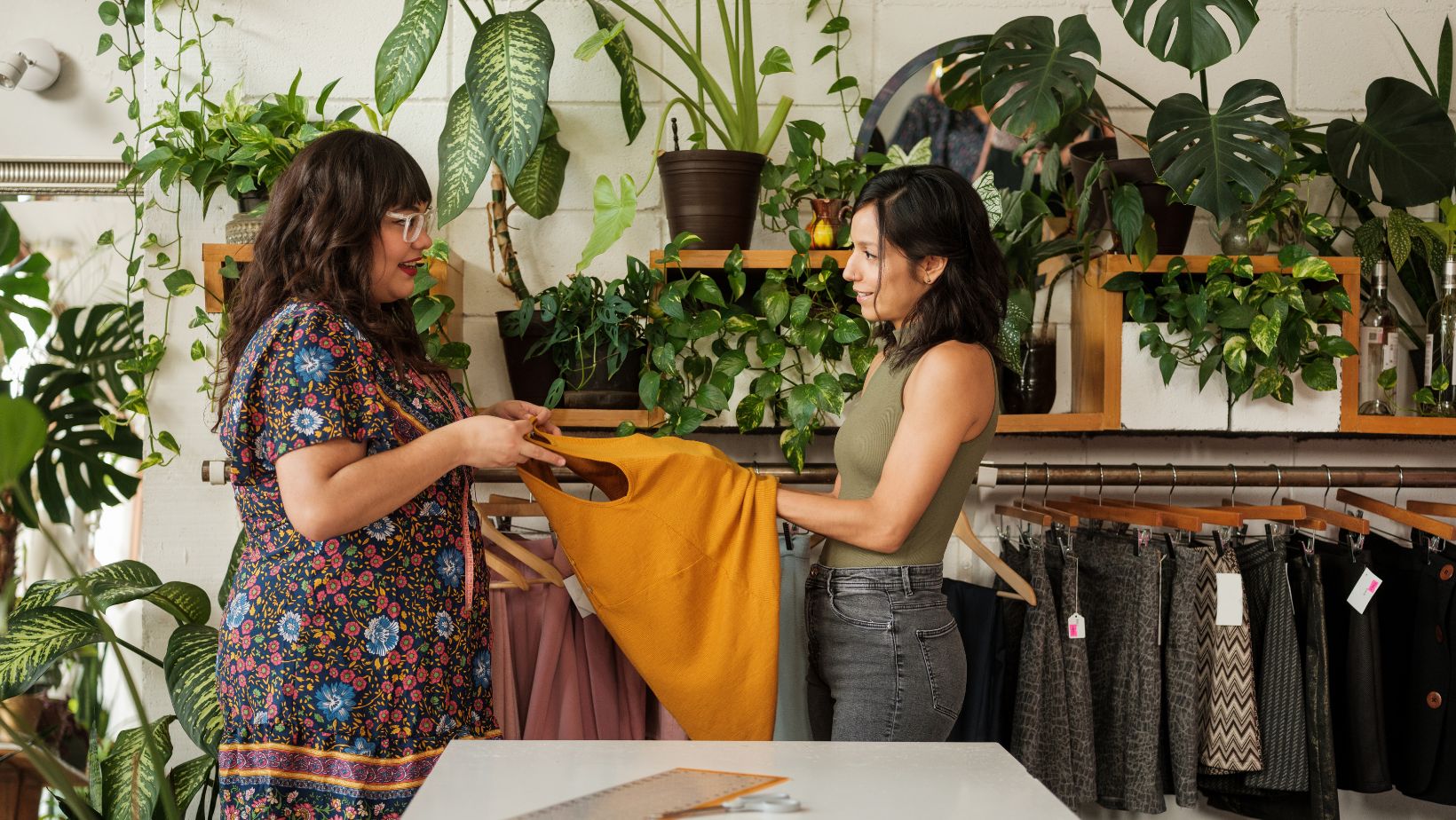Key Takeaways
- Eco lifestyle products are essential for promoting sustainability and reducing environmental impact, offering consumers stylish and quality alternatives.
- These products span various categories, including household goods, personal care items, fashion, and food alternatives, all aimed at minimizing waste.
- Adopting eco-friendly products enhances personal health by reducing exposure to harmful chemicals and promoting natural ingredients.
- Supporting eco-friendly brands contributes to local economies and ethical manufacturing practices, fostering job creation and responsible resource management.
- The demand for eco lifestyle products is experiencing significant growth, reflecting a shift towards conscious consumerism and sustainable purchasing behaviors.
- Recognizing certifications like USDA Organic and Fair Trade helps consumers make informed choices that align with their values and environmental goals.
In today’s world, the push for sustainability is stronger than ever. Eco lifestyle products are at the forefront of this movement, offering consumers a chance to make environmentally friendly choices without sacrificing quality or style. From biodegradable kitchenware to reusable shopping bags, these products help reduce waste and promote a healthier planet.
Adopting an eco-conscious lifestyle isn’t just a trend; it’s a necessity for the future. As awareness grows, more individuals are seeking out alternatives that align with their values. Eco lifestyle products not only benefit the environment but also support ethical practices and local economies. By choosing these products, consumers can play an active role in fostering a sustainable future for generations to come.
Eco Lifestyle Products
Eco lifestyle products encompass various items designed to minimize environmental impact while promoting sustainability. These products range from household goods to personal care items, clothing, and food alternatives, all focusing on reducing waste and conserving resources.
Categories of Eco Lifestyle Products
- Household items: Reusable containers, biodegradable cleaning supplies, and compostable kitchenware fall into this category, helping reduce single-use plastic waste.
- Personal care: Eco-friendly shampoos, soaps, and dental products prioritize natural ingredients, avoiding harmful chemicals and plastics.
- Fashion: Sustainable clothing brands produce garments from organic materials, promoting ethical labor practices and reducing the carbon footprint of the fashion industry.
- Food alternatives: Organic snacks, plant-based foods, and locally sourced produce encourage healthier eating habits while supporting sustainable agriculture.
Benefits of Eco Lifestyle Products
- Environmental impact: Eco lifestyle products significantly lower waste production and decrease pollution levels, aiding in the preservation of ecosystems.
- Health advantages: Natural materials and ingredients contribute to healthier living, avoiding toxic chemicals that may harm individuals and communities.
- Economic support: Investing in eco-friendly brands bolsters local economies and ethical manufacturing, fostering jobs and supporting responsible practices.
Market Trends
The demand for eco lifestyle products is growing, driven by increased consumer awareness and a desire for sustainable alternatives. In 2023, the global market for eco-friendly products was valued at approximately $150 billion, showing a consistent annual growth rate of 10%. This trend reflects a broader shift towards conscious consumerism, where individuals prioritize sustainability in purchasing decisions.
Benefits of Eco Lifestyle Products
Eco lifestyle products provide essential advantages that contribute to both personal well-being and the health of the planet. These benefits include significant environmental impacts and health improvements stemming from natural ingredient use.

Environmental Impact
Eco lifestyle products play a critical role in minimizing waste and reducing pollution. They often utilize sustainable materials, which help lower carbon footprints. For instance, reusable containers and biodegradable cleaning supplies significantly decrease single-use plastic production, contributing to less landfill waste. A study by the Ellen MacArthur Foundation found that transitioning to a circular economy could reduce global carbon emissions by 39% by 2030, demonstrating the effectiveness of eco-friendly practices. Additionally, supporting local manufacturers fosters sustainable economic growth, encourages innovation, and strengthens communities, showing that every purchase positively impacts the environment.
Health Benefits
Health benefits associated with eco lifestyle products stem from the use of natural ingredients. These products often contain fewer synthetic chemicals, reducing the risk of skin irritations and allergies. For example, eco-friendly shampoos and soaps utilize organic materials, promoting healthier skin and scalp. Furthermore, choosing sustainable food alternatives supports better nutrition by prioritizing organic farming methods that avoid harmful pesticides and fertilizers. According to the World Health Organization, natural products contribute to reduced health risks, emphasizing the importance of eco lifestyle products for individual well-being.
Types of Eco Lifestyle Products
Eco lifestyle products encompass a wide range of categories, each designed to enhance sustainability and reduce environmental impact. Key types include home goods, personal care products, and clothing and accessories.
Home Goods
Home goods prioritize sustainability, offering alternatives to traditional household items. Examples include:
- Reusable Containers: Fabricated from materials like glass or stainless steel, these containers reduce reliance on single-use plastics.
- Biodegradable Cleaning Supplies: Manufactured with natural ingredients, these supplies break down safely in the environment, minimizing pollution.
- Eco-friendly Furniture: Crafted from reclaimed wood or recycled materials, this furniture aligns with sustainable practices while offering stylish options.
- Organic Bedding: Composed of organic cotton or bamboo, this bedding reduces exposure to harmful chemicals and supports sustainable agriculture.
Personal Care Products
Personal care products focus on natural ingredients, eliminating synthetic chemicals. Examples include:
- Eco-friendly Shampoos: Formulated without sulfates or parabens, these shampoos promote scalp health while reducing chemical runoff.
- Biodegradable Soaps: Made from natural oils, these soaps decompose quickly, ensuring minimal environmental impact.
- Sustainable Toothbrushes: Crafted from bamboo or recycled materials, these toothbrushes reduce plastic waste in landfills.
- Reusable Makeup Remover Pads: Fabricated from organic cotton, these pads replace disposable options and reduce waste.
Clothing and Accessories
- Organic Cotton Apparel: Produced without pesticides, this clothing supports sustainable farming and promotes wearers’ health.
- Recycled Polyester Bags: Made from recycled plastic bottles, these bags offer durable alternatives to single-use plastic bags.
- Ethically Sourced Jewelry: Crafted from responsibly mined materials, this jewelry promotes ethical practices within the industry.
- Vegan Footwear: Constructed from synthetic or plant-based materials, this footwear avoids animal products, supporting cruelty-free practices.
How to Choose Eco Lifestyle Products
Selecting eco lifestyle products involves understanding key features that prioritize sustainability and ethical practices. Here are essential considerations to ensure the right choices are made.
Certifications to Look For
Certifications provide assurance that products meet specific environmental and ethical standards. Look for recognized certifications such as:
- USDA Organic: Indicates products contain at least 95% organic ingredients, promoting sustainable farming practices.
- Fair Trade: Ensures fair wages and safe conditions for workers, supporting ethical production.
- Energy Star: Identifies energy-efficient products that help reduce energy consumption, contributing to lower carbon emissions.
- Cradle to Cradle Certified: Recognizes products designed with sustainability in mind, focusing on safe material use and circular economy principles.
- Global Organic Textile Standard (GOTS): Guarantees organic status and environmentally responsible production in textiles.
Certifications provide transparency and guidance, simplifying choices for eco-conscious consumers.
Sustainable Materials
Sustainable materials minimize environmental impact while promoting health benefits. Important materials include:
- Bamboo: Fast-growing and renewable, bamboo products reduce deforestation.
- Organic Cotton: Grown without synthetic pesticides and fertilizers, organic cotton supports healthier farming and soil.
- Recycled Materials: Using recycled plastics or fabrics reduces waste and conserves resources, contributing to circular economy practices.
- Hemp: Requires fewer resources to grow than conventional crops, hemp is a durable and sustainable option.
- Natural Fibers: Materials like linen and jute boast biodegradable properties, minimizing landfill waste.
Choosing products made from sustainable materials fosters environmental responsibility and supports a healthier planet.
Commitment to a Sustainable Future
Embracing eco lifestyle products is more than a trend; it’s a commitment to a sustainable future. By choosing items that prioritize environmental responsibility, individuals can significantly reduce their ecological footprint while promoting healthier living.
These products not only support ethical practices but also contribute to local economies, fostering a sense of community. As awareness of sustainability continues to grow, consumers are empowered to make informed choices that reflect their values.
Ultimately, every small action counts in the collective effort to protect the planet. By integrating eco-friendly products into daily life, individuals can play a vital role in shaping a more sustainable world for generations to come.


